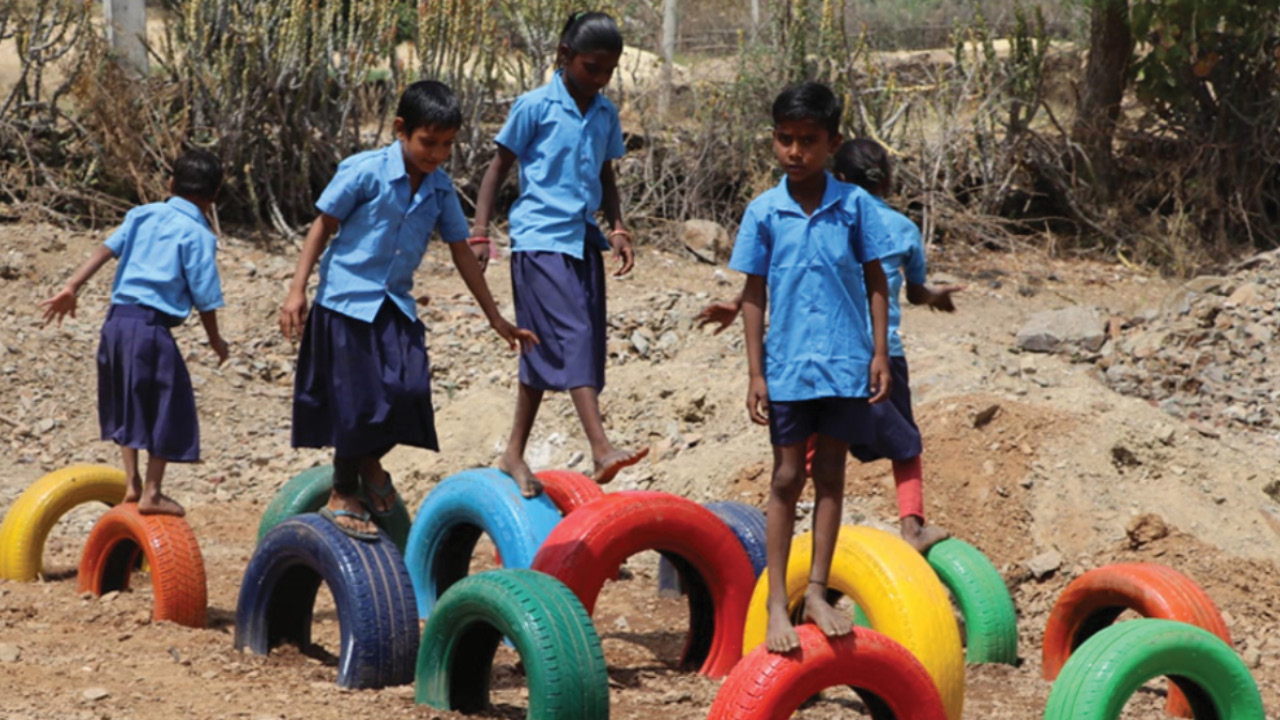Strengthening Quality Education of Maa Badi Centers – Tribal Area Development Department & SWACH Project Udaipur

It has benefited 78,000 children. 155 centres have been increased to 2,593. Employment have been provided for teachers and cooks.
Problem
- Educational restrain on the education from the age of 6 to 12
- Inefficient teaching staff and material
- Disorganised classroom assessment procedure
- Remote geographical location resulting in a dearth of facilities
Solution
- Collaborated with UNICEF for a social assessment to get a need analysis
- Stakeholders consultation with Coordinators and Project Officers
- Generation of teacher training module designing and teacher training
- Provision of comprehensive training and supportive supervision package
Outcomes
- Benefitted 78,000 children of tribal generations with a quality education where it was hard to reach
- 155 centres have been replicated to 2,593 centres
- 78,000 women (mothers of the children) are being benefitted as support hands for cooking food
- 3,500 teachers have been hired by the committee to teach the children.
Project Details
Category: Education
Project: Strengthening of the Quality Education Programme of Maa Badi Centers Domains of Quality Education,
Health and Hygiene of the children
Organisation: Tribal Area Development Department & SWACH Project, Udaipur
Start Date: 01-Apr-2010
https://tad.rajasthan.gov.in/
Problem
The challenge in front was the education of children from the age of 6 to 12. The teachers did not have any effective supportive methodology or material to conduct classes and activities with children and there was no structured classroom assessment procedure. This made it difficult for the teachers to improve the children’s learning level and bring them at par with the children of the mainstream Government Schools. This made the transition process difficult for the children. As the children were from the deprived Tribal section of the society it was difficult to motivate the community on the importance of educating the children.
Due to its remote geographical location, there is a dearth of facilities like transportation, communication etc. in the tribal belt. Identifying and availing the services of trained teachers have been the major challenge for the Maa Badi centres as it is difficult to find trained teachers at the village level.
Solution
Collaboration was forged with UNICEF and it was followed by a social assessment in which an analysis was done to take stock of the prevailing scenario. Along with this, there was a Stakeholder’s consultation with Coordinators and Project Officers to understand their views & the prevailing system and supportive supervision provided by them. Based on everything, a road map was generated for 2-years followed by teacher training module designing and teacher training. After that, the focus was shifted to the educational aspect. They now have a comprehensive training and supportive supervision package including training manuals, sector meetings manual, local language-based material for usage in Classrooms, guidelines and observation tools for coordinators on supportive supervision and reporting framework. The committee deploys 2 mothers of the beneficiary children of the Maa Badi as helpers to cook food for the children (on a monthly rotation basis).
Outcomes
Maa Badi centres concept has now benefited 78,000 children. 155 centres have been increased to 2,593 centres. Employment opportunities have been provided for teachers and cooks in the centres. The Village development Society governs the Maa Badi Centre, this decentralised and democratic approach ensures community participation and in turn empowers the community. The teachers are being provided effective training and handholding support. Now the project provides Nutritional benefits to children of 2,593 centres and strives towards reducing malnutrition. Children are now participating in an activity based classroom activities. This programme has been able to provide quality education to the hard to reach tribal generations, which would have remained uneducated in the absence of the Maa Badi Centers. Project utilises a structured and contextual training package on education followed by follow-up on the training during the Sector meetings for continuous hand-holding support.

